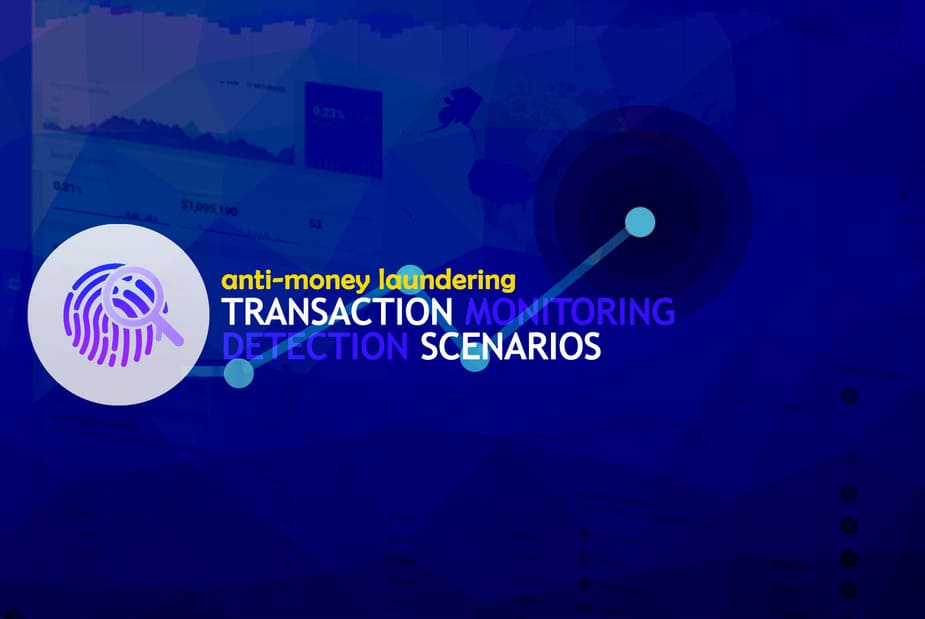Regulatory Compliance Journal
20 articles matching compliance tag
DORA: practical guide for small businesses
Compliance with the Digital Operational Resilience Act (DORA) represents a real challenge for small businesses in the financial sector. Unlike large institutions with dedicated cybersecurity and risk management departments, SMEs often lack specialized resources. They may not even have formal go...
- 8 min read
How to detect serious fiscal fraud?
Serious fiscal fraud is not just a legal risk, it’s a direct threat to an organization’s reputation. The stakes are rising as European and national authorities ramp up enforcement under evolving frameworks like the Directive on Administrative Cooperation (DAC), the Anti-Money Laundering Dir...
- 9 min read
How will CSDDD impact companies in the EU?
The EU’s Corporate Sustainability Due Diligence Directive (CSDDD) draws a clear legal line between profit and harm. By embedding environmental and human rights due diligence into the core of corporate strategy, the directive redefines what it means to do business responsibly. But what will th...
- 9 min read
How to approach de-risking for AML compliance?
Cutting ties to minimize risk might sound smart, but what happens when de-risking goes too far? In 2015, Dr. Iraj Hashi, a U.K.-based economics professor, had his bank accounts abruptly closed after 40 years of banking without any explanation. The most likely reason? His Iranian origin. De-ri...
- 8 min read
How can AML professionals detect smurfing?
Small, frequent transactions may seem harmless, but in the world of AML (Anti-Money Laundering), they are a major tool for money laundering. It is therefore essential that financial institutions deploy monitoring systems capable of detecting these suspicious schemes before the funds are integra...
- 3 min read
Looking for Regulatory Watch Newsletter?
More work
Financial greenwashing: the dark links between green bonds and corruption.
Financial operations, Green Crime, Transparency, Corruption, Green Bonds, European Taxonomy , CBS, GBP, EuGB,Faced with the urgent challenge of climate change, green bonds are emerging as an innovative response to finance sustainable projects and encourage the transition to an environmentally friendly economy. However, the persistent threat of corruption un...
The Banking Industry & Regulatory Compliance Requirements
Financial operations, Financial Institutions, Compliance, Financial firms, Top-down, Insurance, Belgium,Compliance risk is one of the biggest concerns of the banking industry. Failing to comply can have an impact on the reputation of the brand and create a decrease in its customer population. Lack of due diligence in transactions and clients monitoring...
AML Transaction Monitoring & Detection Scenarios
AML, Transaction Monitoring, Due Diligence, Risk Management, KYC, Financial firms, Anti Money Laundering, Detection Scenarios, RegTech, Risk Based Approach, Compliance expert, Red Flags,Efficiently fine-tuning AML Transaction Monitoring can help financial firm's compliance teams to increase productivity while carefully avoiding pointless investigations by reducing the amount of false-positive alerts. The revision of AML detect...







-806688168.jpg)









